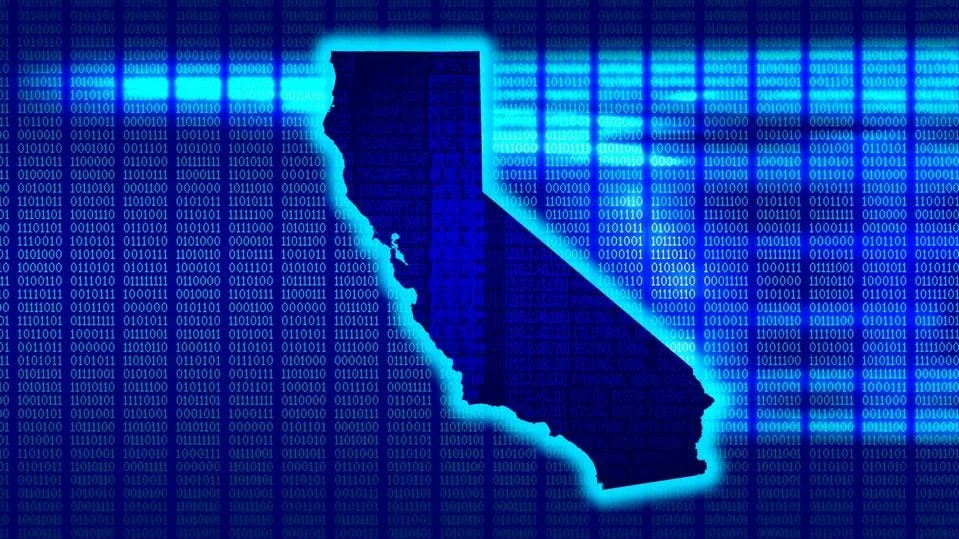
California’s SB-7: How AI Hiring Rules Could Impact Background Checks
In a move that could significantly reshape hiring practices, California's Senate Bill 7 (SB-7) is set to introduce new regulations on the use of Artificial Intelligence (AI) in employment processes. The bill, which has been gaining traction in the state legislature, aims to ensure fairness and transparency in how AI tools are used for screening and hiring candidates, particularly in the realm of background checks.
SB-7 proposes that employers must disclose their use of AI in hiring decisions and provide clear explanations of how these systems assess candidates. This transparency is especially crucial for background checks, where AI algorithms might inadvertently perpetuate biases or make decisions based on incomplete or inaccurate data. The legislation seeks to mitigate these risks by requiring regular audits of AI systems to identify and correct any discriminatory practices.
The potential impact of SB-7 extends beyond California, as other states and even federal lawmakers watch closely. If passed, this bill could set a precedent for how AI is regulated in employment across the United States. Businesses, particularly those with operations in California, are preparing for potential changes to their hiring practices, which could involve significant updates to their technology and compliance protocols.
Supporters of the bill argue that it is a necessary step towards ensuring that technological advancements in hiring do not come at the cost of fairness and equal opportunity. Critics, however, express concerns about the feasibility of implementing such regulations and the potential burden on small businesses. As the debate continues, the future of AI in hiring hangs in the balance, with California at the forefront of this critical discussion.